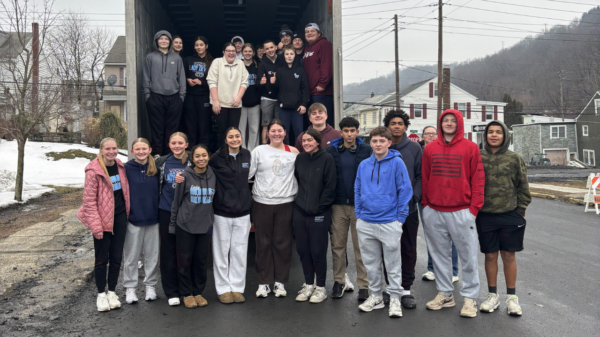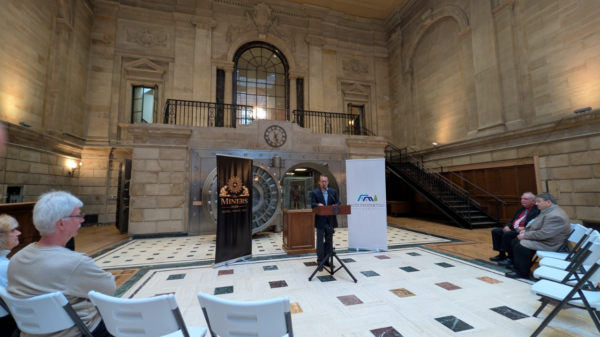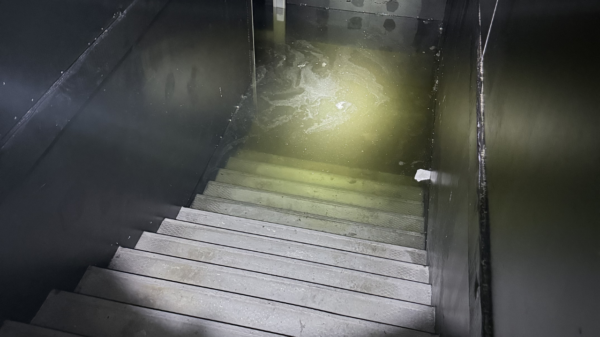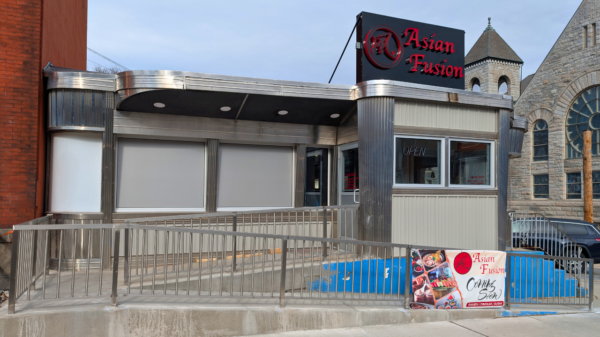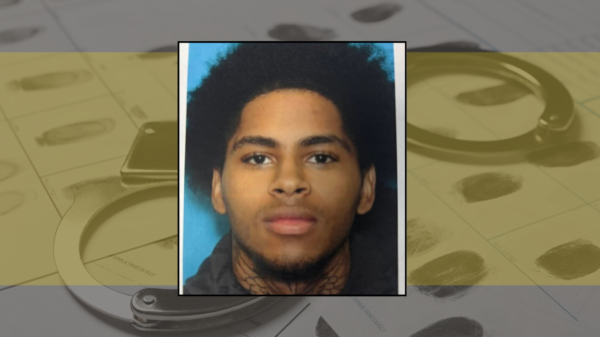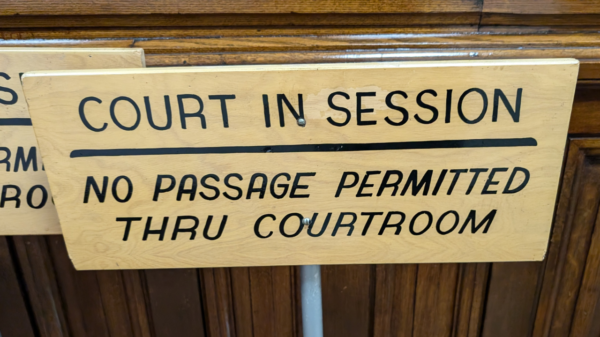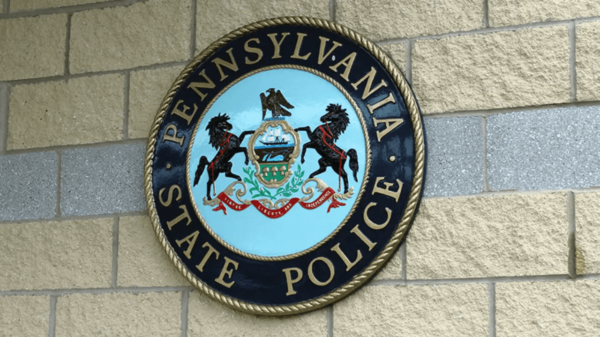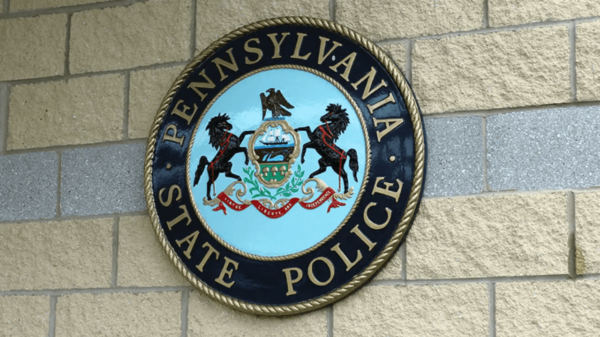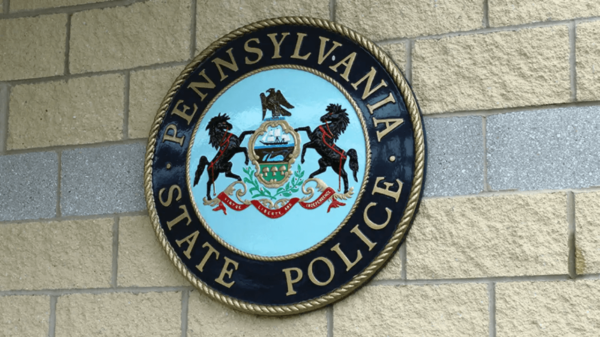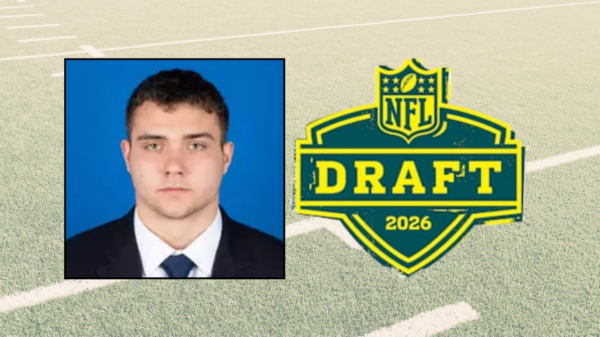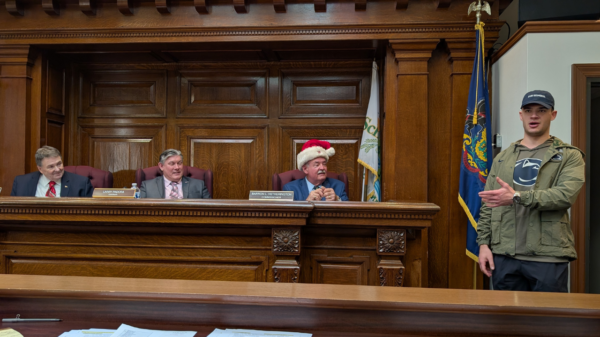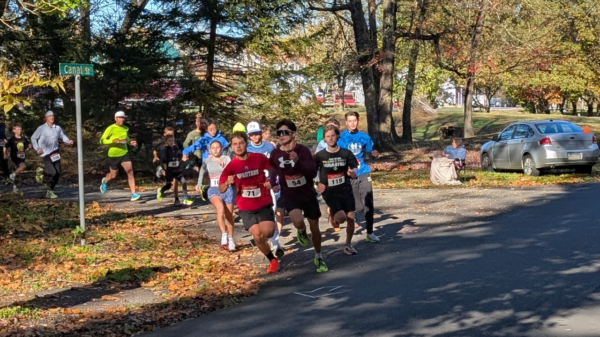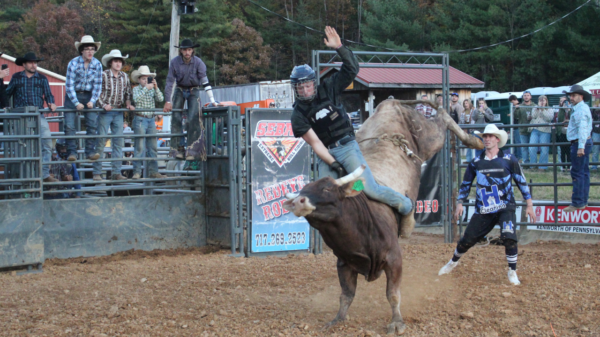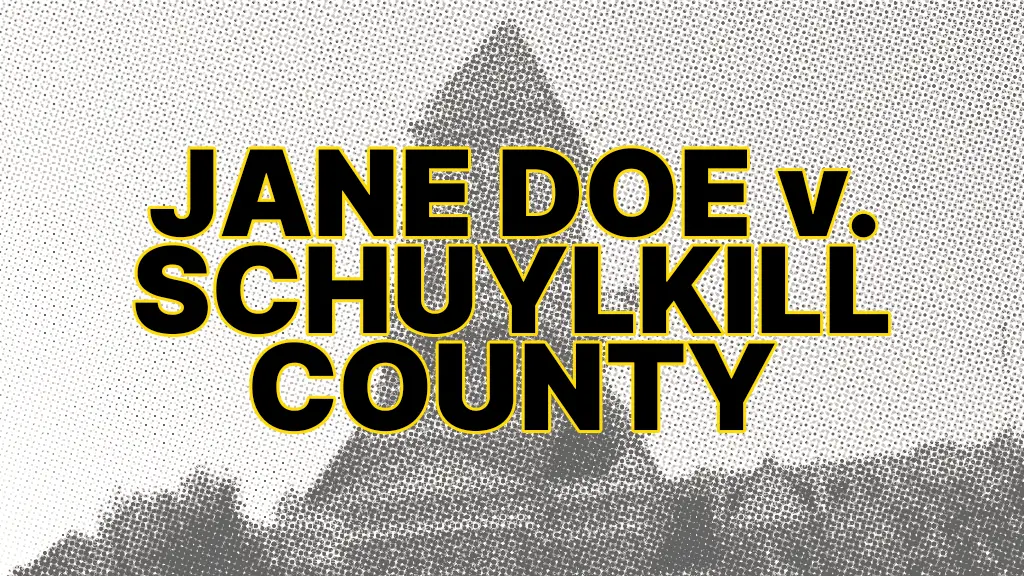The federal judge presiding over the sexual harassment lawsuit hanging over Schuylkill County Commissioner George Halcovage and the county government, as a whole, says the Dept. of Justice can intervene in the case.
The DOJ requested to intervene in the case as a plaintiff back in April. When it filed to intervene, the DOJ sought the following items as relief for the plaintiffs who filed the lawsuit against the County and for all and future government employees:
- Enjoining the County from causing, creating, or condoning a sexually or retaliatory hostile work environment;
- Ordering the County to develop and implement appropriate and effective measures designed to prevent and correct harassment and retaliation, including, but not limited to, policies and training for employees and managers;
- Ordering the County to develop appropriate and effective measures to receive complaints of discrimination, harassment, or retaliation, as well as a process for investigating such complaints;
- Awarding compensatory damages to Plaintiffs to fully compensate them for their injuries caused by the County’s discriminatory and retaliatory conduct, pursuant to and within the statutory limitations;
- Awarding any additional equitable relief necessary to make the Plaintiffs whole; and
- Awarding such additional relief as justice may require, together with the United States’ costs and disbursements in this action.
Four Jane Doe plaintiffs filed a lawsuit against Halcovage, several Courthouse officials, and the County itself back in 2021, alleging the Commissioner sexually harassed them over the course of nearly a decade and that others were complicit in this behavior. They further allege the County has since retaliated against them since filing the lawsuit.
DOJ Can Intervene in Jane Doe Lawsuit v. Schuylkill County
DOJ decided to intervene in the case after the Equal Employment Opportunity Commission determined the County had been retaliating against these 4 employees and violating their Title VII rights.
Schuylkill County filed motions asking Judge Martin Carlson to deny the DOJ’s request. But in an order handed down Thursday, Carlson ultimately granted the DOJ’s request. The County argued that allowing the DOJ to intervene would cause undue delays in the case and that it took too long for it to file this motion.
“When we consider the totality of the circumstances, we find that there would be no undue delay as a result of permitting the United States to intervene,” Carlon writes.
Carlson shot down all Schuylkill County’s objections to the DOJ intervention.
He writes that its intervening won’t delay the proceedings. After all, they’ve already been slightly delayed. Discovery is to be completed in September, which is when an original trial date had been projected.
“There is now more time than initially anticipated by the partis for the United States to take the discovery it needs in this case, and we anticipate that the intervention will not cause an undue delay in this regard,” Carlson writes.
The County also argued that if DOJ wanted to intervene, it should have done so sooner. Carlson dismissed that and noted that the federal government could only act after the EEOC had made its determinations about the Courthouse’s alleged Title VII violations. EEOC didn’t refer this case to the DOJ until Jan. 14, according to the order issued Thursday.
Subscribe to Coal Region Canary
Get email updates from Coal Region Canary by becoming a subscriber today. Just enter your email address below to get started!Support Coal Region Canary
Like our reporting and want to support truly local news in Schuylkill County? Your small donations help. For as little as $5, your contribution will allow us to cover more news that directly affects you. Consider donating today by hitting the big yellow button below ...


